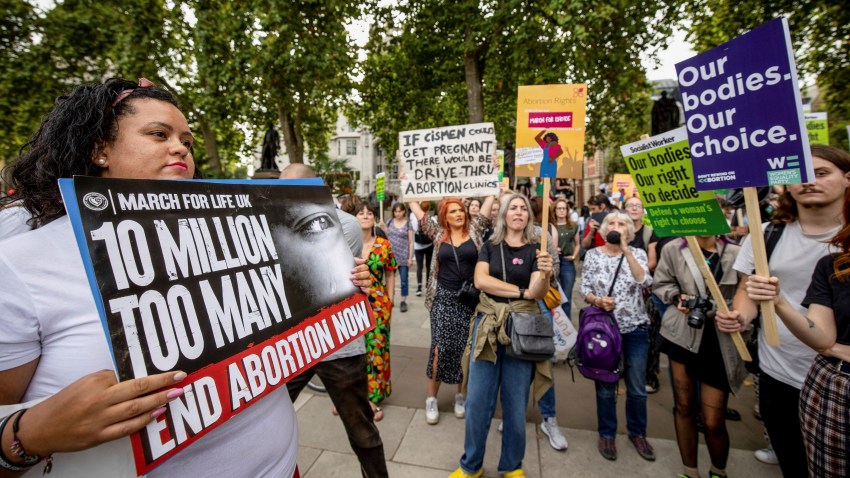One year after the U.S. Supreme Court overturned the 1973 Roe v. Wade decision guaranteeing women’s constitutional right to choose an abortion, it is easy to forget that the United States remains a global aberration, one of only four countries that have regressed on abortion rights since 1994. In contrast, 59 countries have liberalized their abortion laws over the past three decades. In recent years, women’s rights advocates have won critical victories in Colombia, India, Ireland, Mexico, Argentina and elsewhere.
Yet despite this story of overall progress, women’s rights advocates around the world are sounding the alarm. At the 2023 session of the Commission on the Status of Women, United Nations Secretary-General Antonio Guterres cautioned that “women’s sexual and reproductive rights are being rolled back” around the world. U.N. High Commissioner for Human Rights Volker Turk has similarly decried “a surge in well-resourced and well-organized campaigns” to “control women’s sexuality and bodily autonomy.” The reproductive rights organization MSI warns of a worldwide “assault on choice.”
What is the nature of this global backlash? Despite significant legal progress, three overlapping trends are causing concern among reproductive rights champions.

